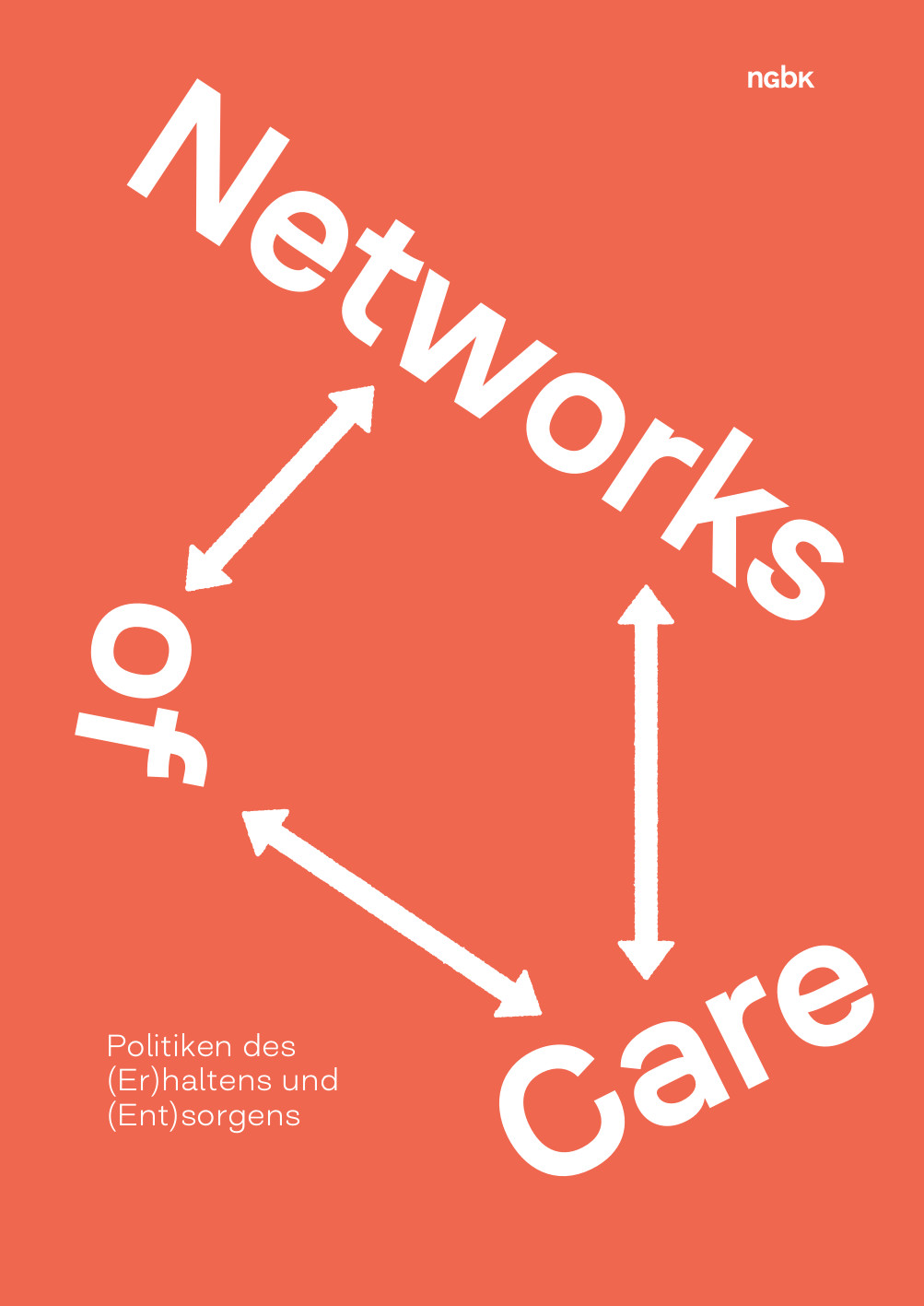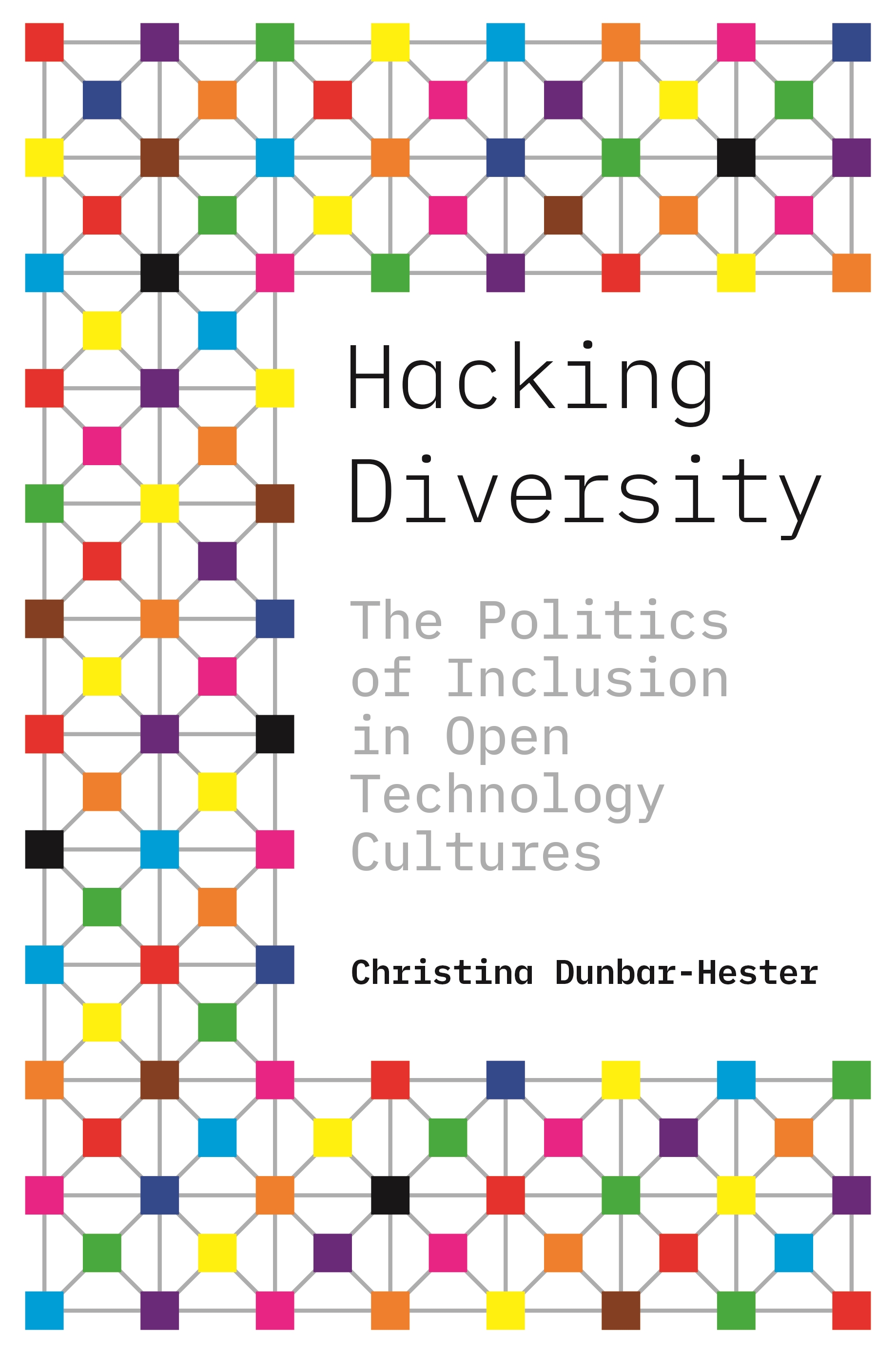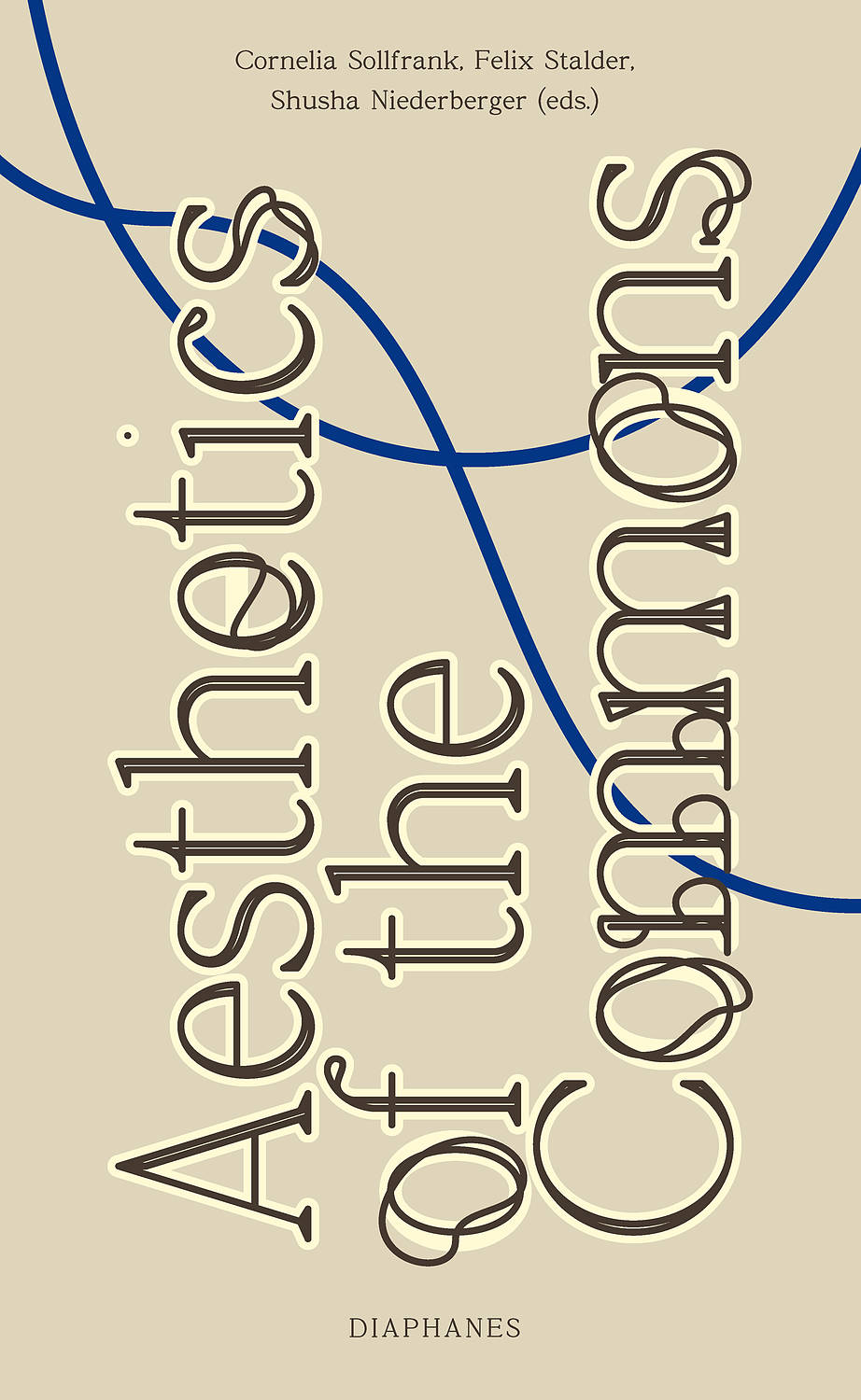Anna Schäffler, Friederike Schäfer, Nanne Buurman (eds.): Networks of Care: Politiken des (Er)haltens und (Ent)sorgens / Politics of Preserving and Discarding (2022) [DE/EN]
Filed under book | Tags: · archive, archiving, art, care, conservation, curating, network, preservation, self-organization

“In 2021, Networks of Care offered a platform at the nGbK enabling an exchange of ideas and information between practitioners and experts concerning strategies for dealing with artistic estates, private and public archives, or idle documentation volumes. The present contributions reflect—in their theoretical analyses and also partly fleeting or historical thoughts, notes, and reflections and through their polyphony and contradictoriness—the fact that practices of preserving and discarding are always also political and must be understood principally as unfinished processes of continuous selecting, deciding, translating, transferring, actualizing, and transforming. The publication concludes with a preliminary interim result and a proposal for next steps regarding these structural and cultural-political challenges.”
With contributions by Dušan Barok, Nanne Buurman, Amalia Calderòn, Mela Dávila Freire, Annet Dekker, Lukas Fuchsgruber, Michael Hiltbrunner, Megan Hoetger, Bettina Knaup, Christin Lahr, Anne Luther, Katalin Krasznahorkei, Laurence Rassel, Peter Rehberg, Elske Rosenfeld, Friederike Schäfer, Anna Schäffler, Olga Schubert, Cornelia Sollfrank, Ingrid Wagner, and Mark Waugh.
Publisher neue Gesellschaft für bildende Kunst (nGbK), Berlin, May 2022
ISBN 9783938515952
178 pages
Project archive
Book launch
Publisher
Christina Dunbar-Hester: Hacking Diversity: The Politics of Inclusion in Open Technology Cultures (2020)
Filed under book | Tags: · care, community, computing, diversity, diy, ethnicity, feminism, floss, gender, hacker culture, hackerspace, hacking, identity, open source, openness, participation, politics, queer, race, technology, women

“A firsthand look at efforts to improve diversity in software and hackerspace communities.
Hacking, as a mode of technical and cultural production, is commonly celebrated for its extraordinary freedoms of creation and circulation. Yet surprisingly few women participate in it: rates of involvement by technologically skilled women are drastically lower in hacking communities than in industry and academia. Hacking Diversity investigates the activists engaged in free and open-source software to understand why, despite their efforts, they fail to achieve the diversity that their ideals support.
Christina Dunbar-Hester shows that within this well-meaning volunteer world, beyond the sway of human resource departments and equal opportunity legislation, members of underrepresented groups face unique challenges. She brings together more than five years of firsthand research: attending software conferences and training events, working on message boards and listservs, and frequenting North American hackerspaces. She explores who participates in voluntaristic technology cultures, to what ends, and with what consequences. Digging deep into the fundamental assumptions underpinning STEM-oriented societies, Dunbar-Hester demonstrates that while the preferred solutions of tech enthusiasts—their “hacks” of projects and cultures—can ameliorate some of the “bugs” within their own communities, these methods come up short for issues of unequal social and economic power. Distributing “diversity” in technical production is not equal to generating justice.
Hacking Diversity reframes questions of diversity advocacy to consider what interventions might appropriately broaden inclusion and participation in the hacking world and beyond.”
Publisher Princeton University Press, 2020
Princeton Studies in Culture and Technology series
ISBN 9780691182070, 0691182078
xi+271 pages
Reviews: Jenna P. Carpenter (Tech & Society, 2021), Rebecca Ortenberg (Lady Science, 2020), Samantha Shorey (International Journal of Communication, 2020).
EPUB (updated on 2022-8-29)
PDF (added on 2022-12-12)
Cornelia Sollfrank, Felix Stalder, Shusha Niederberger (eds.): Aesthetics of the Commons (2021)
Filed under book | Tags: · aesthetics, affect, archive, art, care, commons, digital culture, infrastructure, knowledge, library, piracy, shadow library, theory

“What do a feminist server, an art space located in a public park in North London, a ‘pirate’ library of high cultural value yet dubious legal status, and an art school that emphasizes collectivity have in common? They all demonstrate that art can play an important role in imagining and producing a real quite different from what is currently hegemonic; that art has the possibility to not only envision or proclaim ideas in theory, but also to realize them materially.
Aesthetics of the Commons examines a series of artistic and cultural projects—drawn from what can loosely be called the (post)digital—that take up this challenge in different ways. What unites them, however, is that they all have a ‘double character.’ They are art in the sense that they place themselves in relation to (Western) cultural and art systems, developing discursive and aesthetic positions, but, at the same time, they are ‘operational’ in that they create recursive environments and freely available resources whose uses exceed these systems. The first aspect raises questions about the kind of aesthetics that are being embodied, the second creates a relation to the larger concept of the ‘commons.’ In Aesthetics of the Commons, the commons are understood not as a fixed set of principles that need to be adhered to in order to fit a definition, but instead as a ‘thinking tool’—in other words, the book’s interest lies in what can be made visible by applying the framework of the commons as a heuristic device.”
Contributors: Olga Goriunova, Jeremy Gilbert, Judith Siegmund, Daphne Dragona, Magdalena Tyzlik-Carver, Gary Hall, Ines Kleesattel, Sophie Toupin, Rahel Puffert and Christoph Brunner.
Publisher diaphanes, Zürich, January 2021
Creative Commons BY-NC-ND 4.0 License
ISBN 9783035803914
275 pages
Reviews: Gerald Raunig (transversal, 2021, DE), Jaime Groetsema (ARLIS/NA, 2021), Agnieszka Wodzińska (Network Cultures blog, 2021), Alessandro Ludovico (Neural, 2021).
Project website
Book launch
Publisher
WorldCat
See also Open Scores: How to Program the Commons (2020).
Comment (0)
